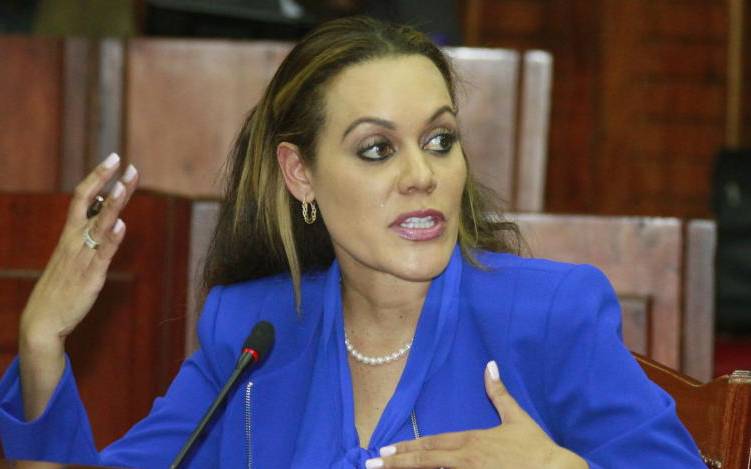×
The Standard e-Paper
Home To Bold Columnists

Kenyan Ambassador to South Korea nominee Mwende Mwinzi during the vetting process before the National Assembly Defence and Foreign Relations Committee at County Hall, Nairobi on May 28, 2019. [Boniface Okendo, Standard]
President Uhuru Kenyatta’s nominee for ambassador to South Korea, Mwende Mwinzi, has come out to explain why she took the appointment dispute to court.